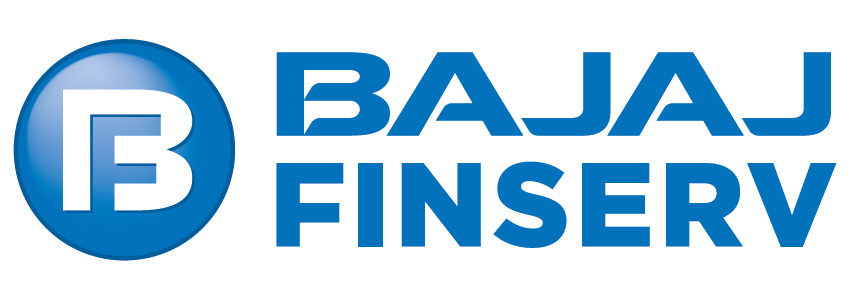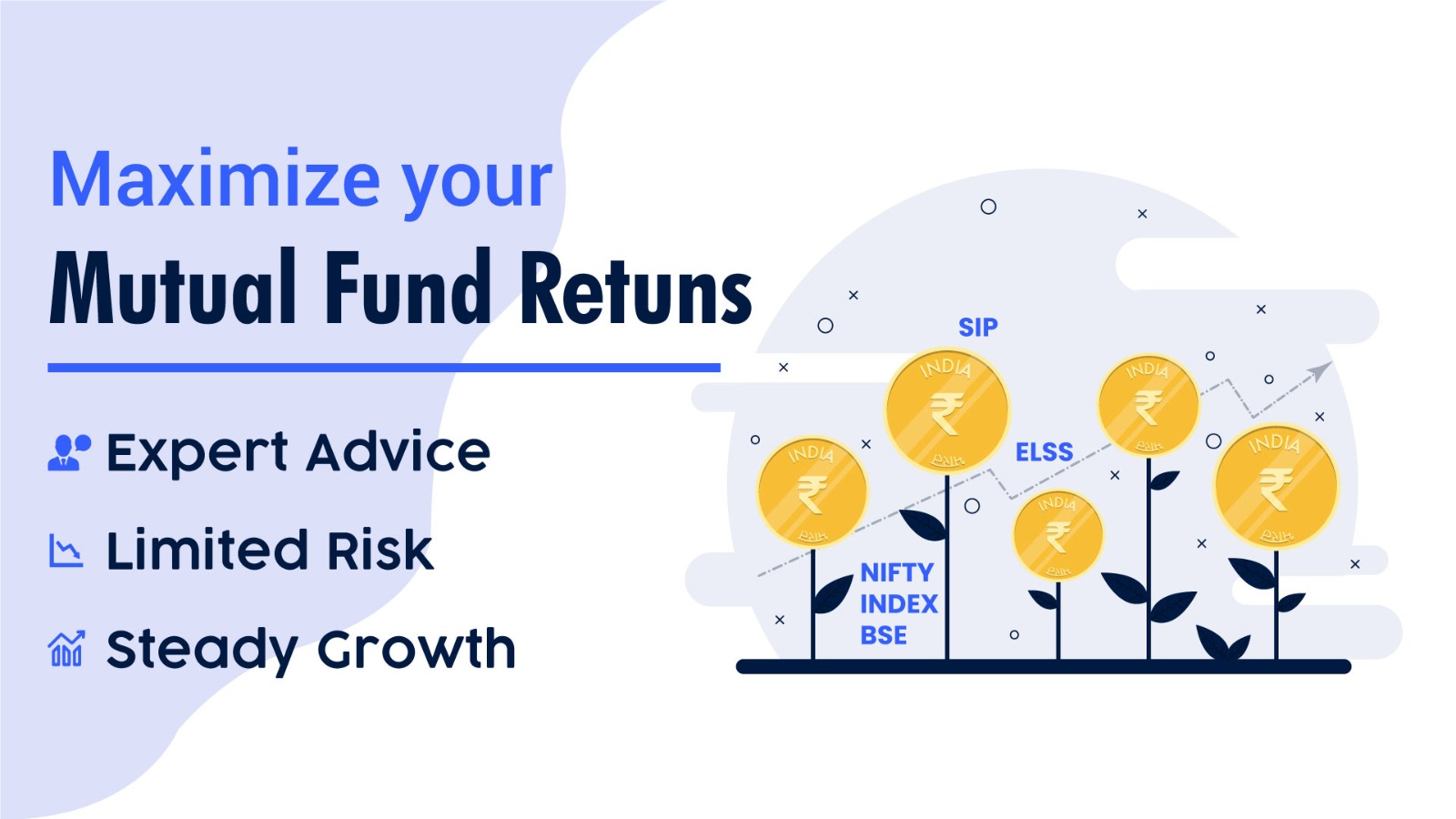
What is Corporate Fixed Deposite? How Can this create a wealth for you over a period of time?
Corporate Fixed Deposit (CFD) is a financial product offered by corporations and non-banking financial companies (NBFCs) to individuals and investors as a form of investment. It is distinct from traditional bank fixed deposits in that it is issued by corporate entities rather than banks.
Features of Corporate Fixed Deposits:
-
Interest Rate: ICompanies offer fixed interest rates on these deposits, which are generally higher than those offered by banks on regular fixed deposits. The interest rate is predetermined and fixed for the tenure of the deposit.
-
Tenure: CFDs come with specific tenures, which can range from a few months to several years. Investors can choose a tenure that aligns with their financial goals.
-
Minimum Investment: The minimum investment required for a corporate fixed deposit varies from company to company. It is generally higher than that for bank fixed deposits.
-
Interest Payment Frequency: The interest earned on a corporate fixed deposit can be paid out periodically (monthly, quarterly, half-yearly, or annually) or compounded and paid along with the principal at maturity.
-
Risk Profile: Corporate fixed deposits are considered riskier than bank fixed deposits because they are not backed by government insurance. If the issuing company faces financial difficulties, there is a risk of default on interest payments or the principal amount.
-
Credit Rating: Before investing in a corporate fixed deposit, investors should check the credit rating of the issuing company. Credit rating agencies assess the financial stability and repayment capacity of companies, helping investors gauge the risk associated with the deposit.
-
Liquidity: Corporate fixed deposits are less liquid than bank fixed deposits. Premature withdrawal might be allowed, but it usually comes with penalties and reduced interest rates.
-
Tax Implications: Interest earned on corporate fixed deposits is taxable as per the investor's income tax slab. Tax is deducted at source (TDS) if the interest amount exceeds a certain threshold.
-
Documentation: Investors need to fill out an application form and provide Know Your Customer (KYC) documents to invest in a corporate fixed deposit.
-
Risk: The risk of default is higher in corporate fixed deposits, as they are not covered by government deposit insurance.
-
Creditworthiness: Research the creditworthiness of the issuing company before investing, as default can lead to loss of principal and interest.
-
Liquidity: Premature withdrawal might be limited and could involve penalties.
-
Taxation: Interest income is taxable and is added to the investor's total income.
Corporate fixed deposits can offer higher interest rates compared to bank fixed deposits, making them appealing to investors seeking potentially better returns. However, investors should carefully assess the creditworthiness of the issuing company, consider the associated risks, and ensure the investment aligns with their financial goals and risk tolerance. Consulting with financial advisors and comparing different investment options is advisable before making any investment decisions.
Our FD Partners



In case of any queries, feel free to call or write to us. We will be very happy to assist you. service@fintageasset.com


